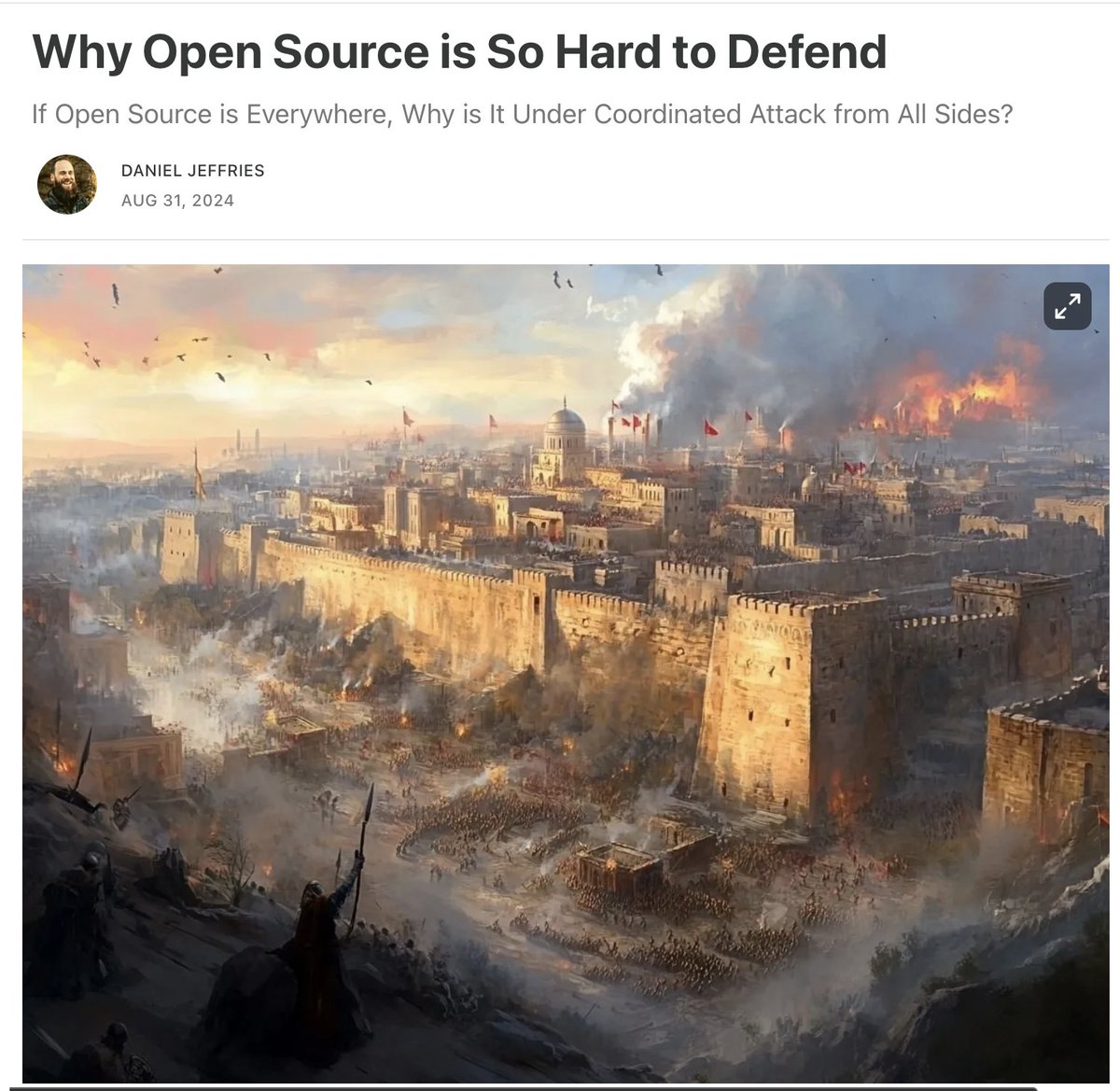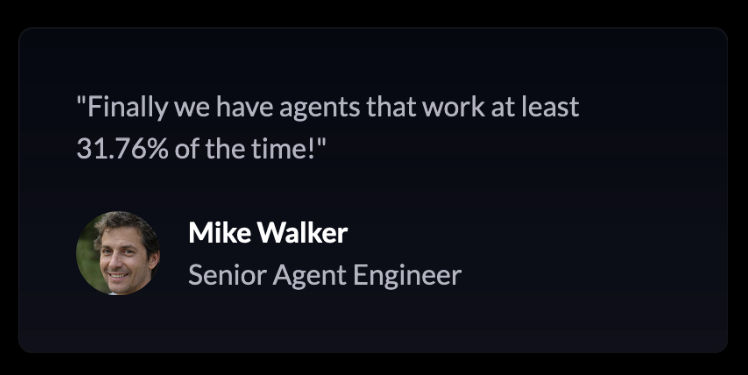Here's the story of another technology that faced massive backlash in its time that will sound very familiar to today's battles over #AI.
Coffee.
a thread.
Coffee.
a thread.

You might not think of coffee as technology, but the process of gathering the beans, roasting them, storing them and transforming them into a drink are all part of a chain of technologies that make it possible for you to get your morning caffeine fix.
1)
1)
Today, when you're picking up your coffee from the local hipster barista shop or mega-chain you probably never imagined it was once controversial.
But for hundreds of years it faced slander, demonization, legal attacks and more.
2)
But for hundreds of years it faced slander, demonization, legal attacks and more.
2)
Kings and queens saw coffee houses as breeding grounds for revolution and regularly shut them down, harassed owners, taxed and arrested them. In parts of the Islamic world many powerful leaders saw coffee as an intoxicant no different than alcohol and drugs and they attacked it on moral grounds (same story, different day) with fatwas.
3)
3)
Beer and wine groups formed powerful opposition groups to coffee, seeing it as a competing product that encroached on their market share. For the vast majority of history people didn't drink water because it was tremendously unsafe, but they did drink beer and wine that was watered down throughout the entire day. Beer and wine makers saw coffee as destroying their markets and fought it tooth and nail.
The parallels with today's battle between media companies and AI companies are an exact mirror of the past.
So what were they really fighting for then and today?
4)
The parallels with today's battle between media companies and AI companies are an exact mirror of the past.
So what were they really fighting for then and today?
4)
What they were and are really arguing about is power.
Coffee houses were places where people got together and exchanged ideas and that was dangerous to the kings and queens of old who thrived on keeping people locked down and ignorant.
Competing businesses saw it as a way to eat into the profits and that was about jobs and who gets to make the money.
Both forces fought back against the society-shifting power of coffee just as we are seeing media companies battle AI companies today for the societal shifting power of AI.
So how did it all work out?
5)
Coffee houses were places where people got together and exchanged ideas and that was dangerous to the kings and queens of old who thrived on keeping people locked down and ignorant.
Competing businesses saw it as a way to eat into the profits and that was about jobs and who gets to make the money.
Both forces fought back against the society-shifting power of coffee just as we are seeing media companies battle AI companies today for the societal shifting power of AI.
So how did it all work out?
5)
You already know the story of how the prohibition of coffee turned out.
Today most people would look at you like you had two heads if you told them coffee was once a battleground. They're taking selfies with their coffee and getting it to go to work or study harder.
This pattern plays out again and again and again in history.
New technology. Resistance. Resistance overcome. Technology is just part of the fabric of everyday life and nobody thinks about it anymore.
Same story played out for all time, ad infinitum.
6)
Today most people would look at you like you had two heads if you told them coffee was once a battleground. They're taking selfies with their coffee and getting it to go to work or study harder.
This pattern plays out again and again and again in history.
New technology. Resistance. Resistance overcome. Technology is just part of the fabric of everyday life and nobody thinks about it anymore.
Same story played out for all time, ad infinitum.
6)
After a technology triumphs, the people who come later don't even realize the battle happened. To them it's not even technology anymore. It's a part of their life, just another thing. They just use it.
To someone born today, a car or refrigerator or a cup of coffee is no different than a tree or a rock.
It was always there.
7)
To someone born today, a car or refrigerator or a cup of coffee is no different than a tree or a rock.
It was always there.
7)
The same will happen with AI, one way or another. It's just too important and powerful of a technology for it to not find a way forward. There is simply no industry on Earth that won't benefit from getting more intelligent.
8)
8)
The more people use AI, the more they will realize how amazing it is and how much they want it in their lives and the more doomer predictions of the end times will recede in their minds. It's already happening. My step mother was using it to help with her writing and to spit out ideas about ideas for a raffle. My friend's five year old daughter talks to the GPT voice interface in her native language and they create stories together.
That child will grow up using AI and trying to take it from her will be like trying to take away her iPad or her doll.
9)
That child will grow up using AI and trying to take it from her will be like trying to take away her iPad or her doll.
9)
A decade from now, kids will grow up with AI and they'll just use it. They won't even think about it.
And if you told them there was once a battle over it they will look at you like you're crazy and wonder what all the fuss was about.
10)
And if you told them there was once a battle over it they will look at you like you're crazy and wonder what all the fuss was about.
10)
• • •
Missing some Tweet in this thread? You can try to
force a refresh

















